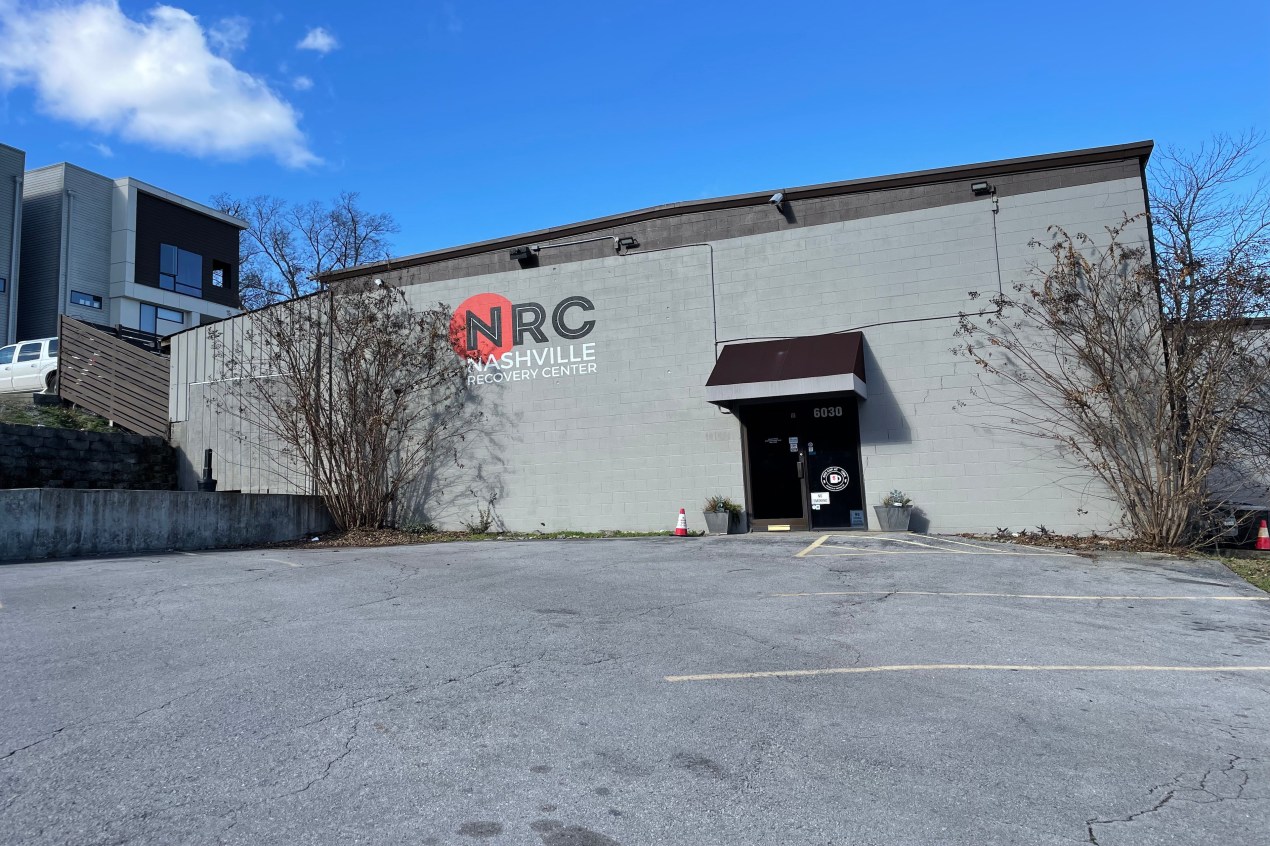Customized Recuperation: Benefits of an Accredited Addiction Treatment Center
Customized Recuperation: Benefits of an Accredited Addiction Treatment Center
Blog Article
Navigating the Journey of Cleansing in the Comprehensive Dependency Treatment Program
The process of detoxification holds a significant role in breaking the physical dependancy on compounds and preparing the person for the subsequent phases of treatment. As people grapple with the obstacles of withdrawal symptoms and the unpredictabilities that lie ahead, having a durable support and a structured plan system in location becomes paramount.
Relevance of Detoxing in Healing

Cleansing sets the structure for the rest of the addiction treatment program by preparing the individual for additional therapy and counseling. By cleansing the body important that have actually been clouding judgment and affecting behavior, detoxification enables patients to approach their recuperation with a clearer mind and more powerful focus.
Additionally, cleansing assists in handling the possibly severe withdrawal symptoms that may emerge when medicine or alcohol usage is quit. Doctor closely monitor individuals throughout detoxification to ensure their safety and give needed support. Through this procedure, individuals can begin their journey towards soberness with a supported physical and psychological state, boosting the possibility of a successful recovery.
Recognizing the Detox Refine
Detoxification, an essential element of dependency therapy programs, includes an organized process intended at securely removing harmful compounds from the body to assist in a successful recovery journey. The detox procedure normally starts with an examination to analyze the person's material use background, physical health and wellness, and mental wellness. This examination assists medical care specialists identify the most appropriate detoxification plan customized to the person's requirements.
Throughout detox, the body undergoes withdrawal as it adapts to the lack of the material. Withdrawal symptoms vary relying on the sort of substance used, the duration of use, and individual factors. Medical supervision throughout detoxification is crucial to take care of withdrawal signs and make sure the person's safety and convenience.

Taking Care Of Withdrawal Symptoms

Medicines may be made use of to reduce particular withdrawal signs and symptoms and lower discomfort. For example, drugs like methadone or buprenorphine can aid manage opioid withdrawal signs and symptoms, while benzodiazepines might be utilized for alcohol withdrawal. It is essential for doctor to thoroughly check the individual's action to these medications to guarantee their safety and effectiveness.
Along with medicinal treatments, encouraging treatments such as therapy, peer assistance groups, and alternative practices like mindfulness meditation or yoga Look At This exercise can aid people deal with the psychological and emotional challenges of withdrawal. By resolving withdrawal symptoms adequately, medical care suppliers can enhance the detoxification experience and assistance individuals on their trip to recuperation.

Assistance Systems Throughout Detox
Support group play a vital duty in giving social and emotional support to people going through cleansing in addiction therapy programs. Throughout the detox procedure, people commonly experience an array of emotional and physical withdrawal signs, making this phase tough - Addiction Treatment Center. Having a strong support group in place can significantly affect the person's capability to navigate via detox effectively
Relative, buddies, support system, and healthcare specialists are crucial components of the support system. Family members members and friends can offer support, understanding, and a sense of belonging throughout this tough time. Support system give a platform for individuals to get in touch with others who are going via comparable experiences, using a sense of neighborhood and shared understanding. Medical care professionals, including physicians, counselors, and specialists, play an essential role in keeping an eye on the person's progression, offering medical assistance, and supplying advice throughout the detox procedure.
Looking Ahead: Life After Detox
Having actually efficiently finished the detoxification stage, individuals in dependency therapy programs currently concentrate on preparing for the obstacles and chances that exist in advance in their trip towards recuperation. Life after detoxification notes an important change period where individuals must proceed to investigate this site construct on the development made during detoxification to preserve their sobriety. It is necessary for people to acknowledge that the trip in the direction of recuperation is continuous and requires dedication, dedication, and a readiness to welcome change.
One trick aspect of life after detox is the development of coping devices to take care of triggers and food cravings that may emerge. This might include discovering new abilities, such as mindfulness techniques, cognitive-behavioral strategies, and tension monitoring techniques, to navigate difficult circumstances without resorting to material usage. Additionally, people are motivated to proactively take part in ongoing therapy, support system, and aftercare programs to enhance their support network and receive guidance as they navigate the complexities of life post-detox.
Verdict
Recognizing the detoxification procedure and managing withdrawal symptoms are essential actions towards healing. It is vital to recognize the relevance of detoxification in the process of conquering dependency and relocating in the direction of a life of soberness.
Medical supervision during detox is vital to take care of withdrawal signs and symptoms and ensure the person's safety and security and comfort.
By understanding the detox procedure and its importance in breaking the cycle of addiction, people can embark on a course in the direction of lasting recovery.
Throughout the detox process, people often experience an array of physical and mental withdrawal symptoms, making this phase tough. Medical care experts, including doctors, therapists, and therapists, play a crucial duty in keeping track of the person's progression, giving clinical assistance, and providing support throughout the detoxification process.
Life after detox notes a critical transition duration where people must proceed to build on the progress made during detox to preserve their sobriety.
Report this page